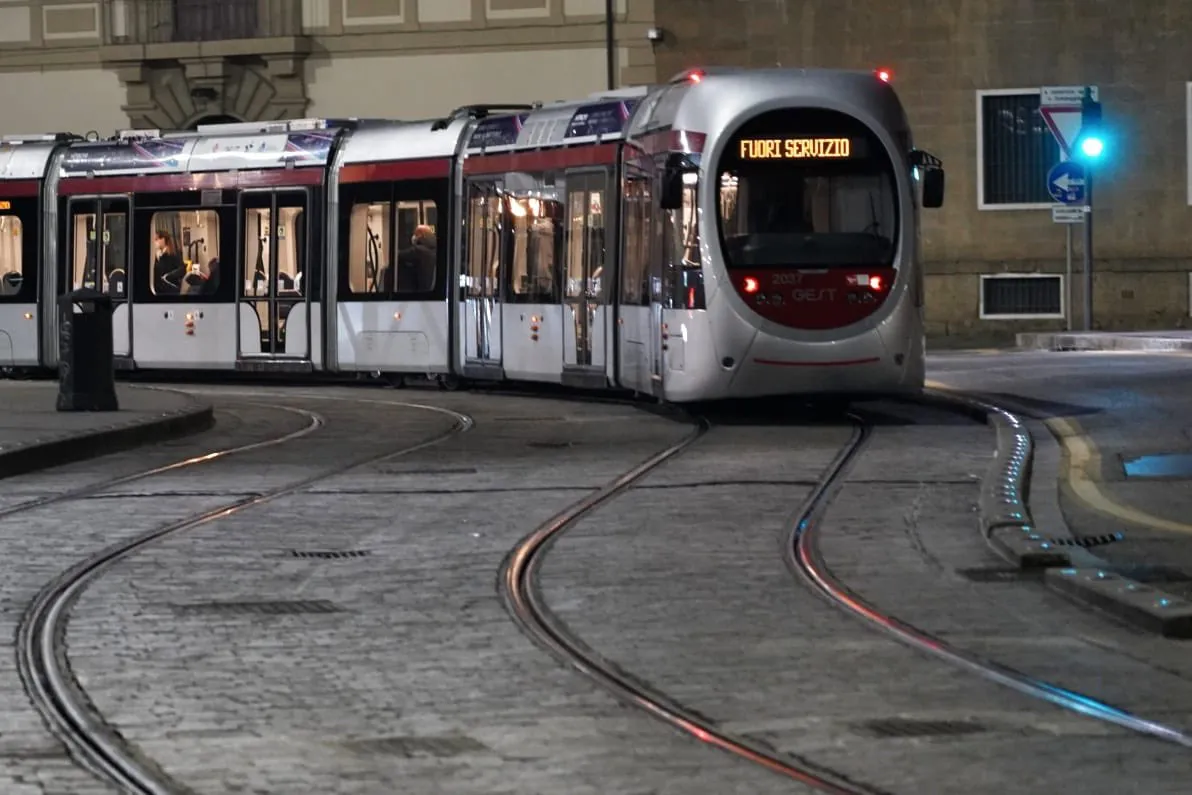
Hitachi Rail has tested a battery-powered tram in the Italian city of Florence which it says can save millions on installing overhead wires.
Hitachi explains that traditional tram lines require electrified infrastructure – usually overhead wires supported by poles or pylons – that are expensive to install.
Battery-powered trams offer an opportunity to run high capacity public transport through city centres while reducing the visual impact on historic streets, the company adds.
Andrea Pepi, head of sales and projects Italy, Hitachi Rail says: “This is a key milestone as we pioneer this new technology that allow us to work with our customers to reduce infrastructure costs while still offering environmentally-friendly public transport. We hope this successful trial in Italy creates new opportunities for us across the world.”
The trial involved the installation of battery packs on an existing Sirio tram, which covered a section of the line under battery power.
According to Hitachi, the solution allows power to be returned to the batteries when the train brakes, reducing the overall amount of energy consumed and protecting the environment.
Mayor of Florence Dario Nardella says: “Battery-powered trams can revolutionise this type of service within cities. Public transport, especially in historic centres, will have to be less impactful and increasingly sustainable.”
Elsewhere in the business, Hitachi recently announced the trial of a battery train in the UK and delivery of hybrid trains in Italy.









